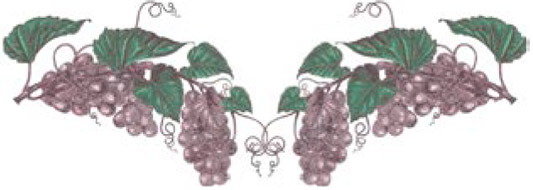Sommaire
Pagination de l'dition papier
Guide
 InterVarsity Press
InterVarsity Press
P.O. Box 1400 | Downers Grove, IL 60515-1426
2022 by Adam S. McHugh
All rights reserved. No part of this book may be reproduced in any form without written permission from InterVarsity Press.
InterVarsity Press is the publishing division of InterVarsity Christian Fellowship/USA.
For more information, visit intervarsity.org.
While all stories in this book are true, some names and identifying information may have been changed to protect the privacy of individuals.
Maps of wine regions by Kevin Gleason, used with permission.
The publisher cannot verify the accuracy or functionality of website URLs used in this book beyond the date of publication.
Cover design and image composite: David Fassett
ISBN 978-1-5140-0089-2 (digital)
ISBN 978-1-5140-0088-5 (print)
This digital document has been produced by Nord Compo.
FOR MY PARENTS,
who taught me to love wine and books
One
Wine Happens
T his is the story of how wine brought me back from the dead.
If I want to be more provocative, I could say a hearty portion of this story is how my life and work as a minister drove me to wine. Tales about drink and religion usually go the other way. Ordinarily in these stories a renowned Saturday-night lush wakes up to become a Sunday-morning teetotaler. Im all for that when the alternatives are addiction and self-annihilation, but otherwise I think freshly discovered faith should be rewarded with a generous pour of something good. The path will get rough, trust me. Wine will help.
I was ordained as a Presbyterian, but I grew up a Lutheran. I was an only childa fact that always prompts people to say, That explains so much. My parents and I were a mildly churchgoing family, though most of the prayers offered in our household went up on Saturdays during University of Washington football games. Our minister back then would talk from the pulpit about the scotch he drank the night before. I dont remember his name, but I do remember he told me that my nerdish high school persona would one day translate into popularity with girls. So he was both a drinker and a liar. I underwent the two-year confirmation process in that Lutheran church to become a full-fledged member, though my dad made sure to stress that my studies were the priority.
Surprising to us all, during my senior year of high school, I found myself sitting in a Southern Baptist church. And not only on Sunday mornings. Often, I was there on Sunday nights as well, when I should have been studying. Southern Baptists have a lot of time for church because they are not out drinking on weekends. I spent so much of my time there for the same reason any seventeen-year-old boy avidly attends church. Her name was Hannahshe had a biblical name and legs that inspired much Bible study. She was the captain of the dance team at our high school, with long, fiery hair and the almost transparent alabaster skin tone only truly revealed in Pacific Northwest gloom. That relationship was heartache, but those abstemious Republicans at that church taught me a more spirited experience of religion than I had known before. Ironic, because they tried to persuade me that the cup of the Last Supper was nonalcoholic.
The truth is the ancient world knew no such thing as unfermented grape juice, at least not with a shelf life longer than Nanas afternoon nap. Grape juice doesnt happen for long without refrigeration and airtight seals. I suppose our ancestors could have boiled freshly squeezed juice to preserve it, but then they would be spreading it on Fertile Crescent rolls, not drinking it, and even then ambient yeasts would slowly make it into a happy brunch or sour vinegar. Grape juice as we know it wasnt invented until the 1860s, by a Methodist minister named Thomas Bramwell Welch, who was shocked to discover that all these wild grapes, without adult supervision, were turning into wine. He was determined to take the alcohol out of Communion wine and put a swift end to the wild Sunday sunrise parties raging in churches across the land. The advent of grape juice was an opening salvo in the war for national prohibition, bathtub gin, and organized crime. Reverend Welch employed the new tools available to his era: pasteurizationprecisely heating a liquid to kill bacteria and alcohol-producing yeast, and refrigerationcooling the juice to the point that airborne yeasts couldnt reactivate fermentation. Welch cooked up a few batches of what he called unfermented wine, and Welchs grape juice was born. Church got just a little bit more boring.

When I tell religious types that I used to work in ministry and now I work in wine, I get one of three reactions. If I am talking to a Southern Baptist or a Pentecostal, I get squinty eyes and sharp intakes of breath, pamphlets for healing prayer groups, signs of the cross while slowly backing away. I once put out on the internet that I keep a wine journal, and an evangelical type responded, Is that like an alcoholics diary? But, if I tell the same thing to a Catholic or an Episcopalian, they exclaim, Oh, that totally follows! Let me buy you a drink! If I am talking to a Presbyterian or a Lutheran, I am awarded a lecture about craft beer. At one of my first wine jobs, we used to call these types beerdos, which works on two levels because they have beards and are weird about beer.
Yet it was their equally eccentric hero, Martin Luther, who said, Beer is made by men, wine by God, and before lab-manufactured grape juice, eight thousand years of religious tradition around the world declared that wine was a gift of the gods. Wine was not invented or conceived of by humans. Wine was discovered. It is not unlike the first time a guy hit two rocks together in frustration, sent up a spark, smoked out everyone in the cave, and slept outside alone that night.
All it takes to create wine are wild grapevines, sunlight to ripen sugars, and some peripatetic yeasts. There was probably a woman, a gatherer of wild grapes, who filled her basket to the brim and left it for a while. The grapes at the bottom were crushed by the weight, and they surrendered their juice to the yeasts wandering by and pausing on the grape skins, which then completed their proper vocation, transforming the sugars in the juice into alcohol and carbon dioxide. Wine, you see, wanted to be found.
When our sober ancestor returned to her basket after some time, the juice was bubbling and alive and strangely warm. Something had changed. It was a sticky and tantalizing blend of sweet and sour. It smelled different, it tasted different, and it felt different. When she tasted it, something changed in her. Her head felt a little lighter, her face a little warmer, her body a little freer. It was the ancient worlds first mellow buzz.
Wine in its rawest form isnt made. Wine happens

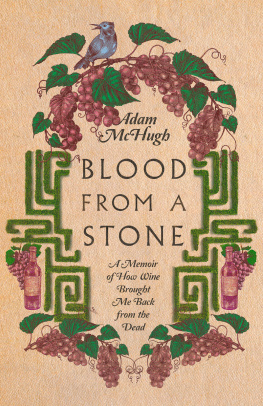

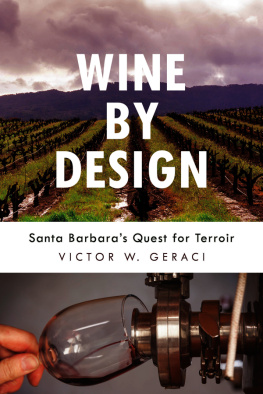
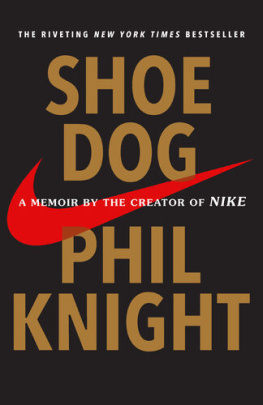
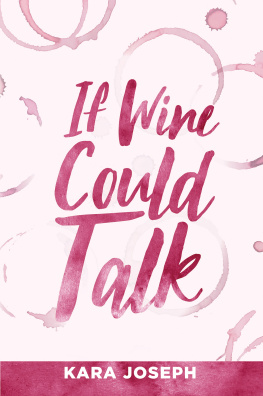
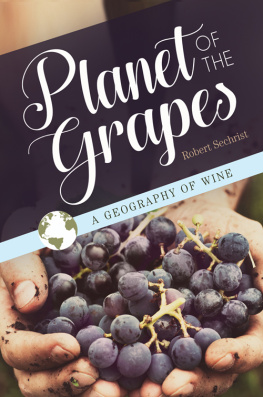
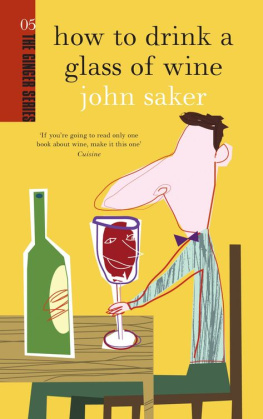
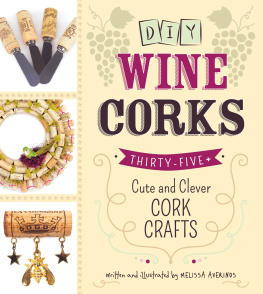
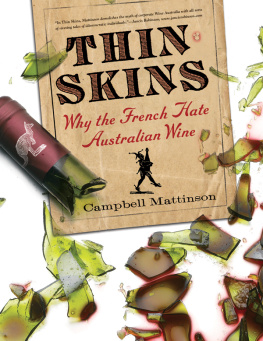
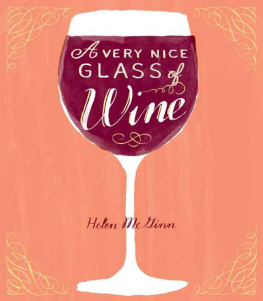
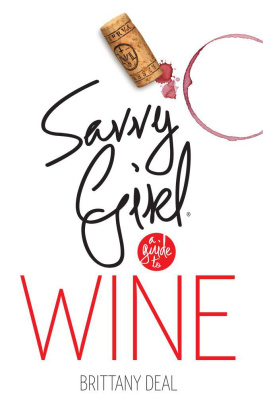
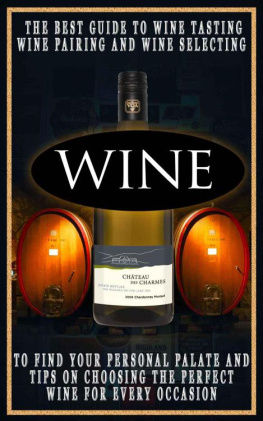
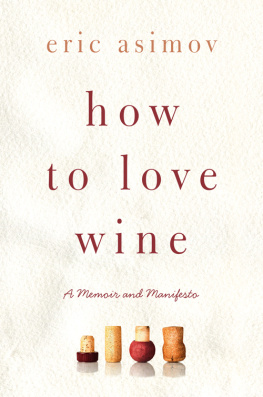
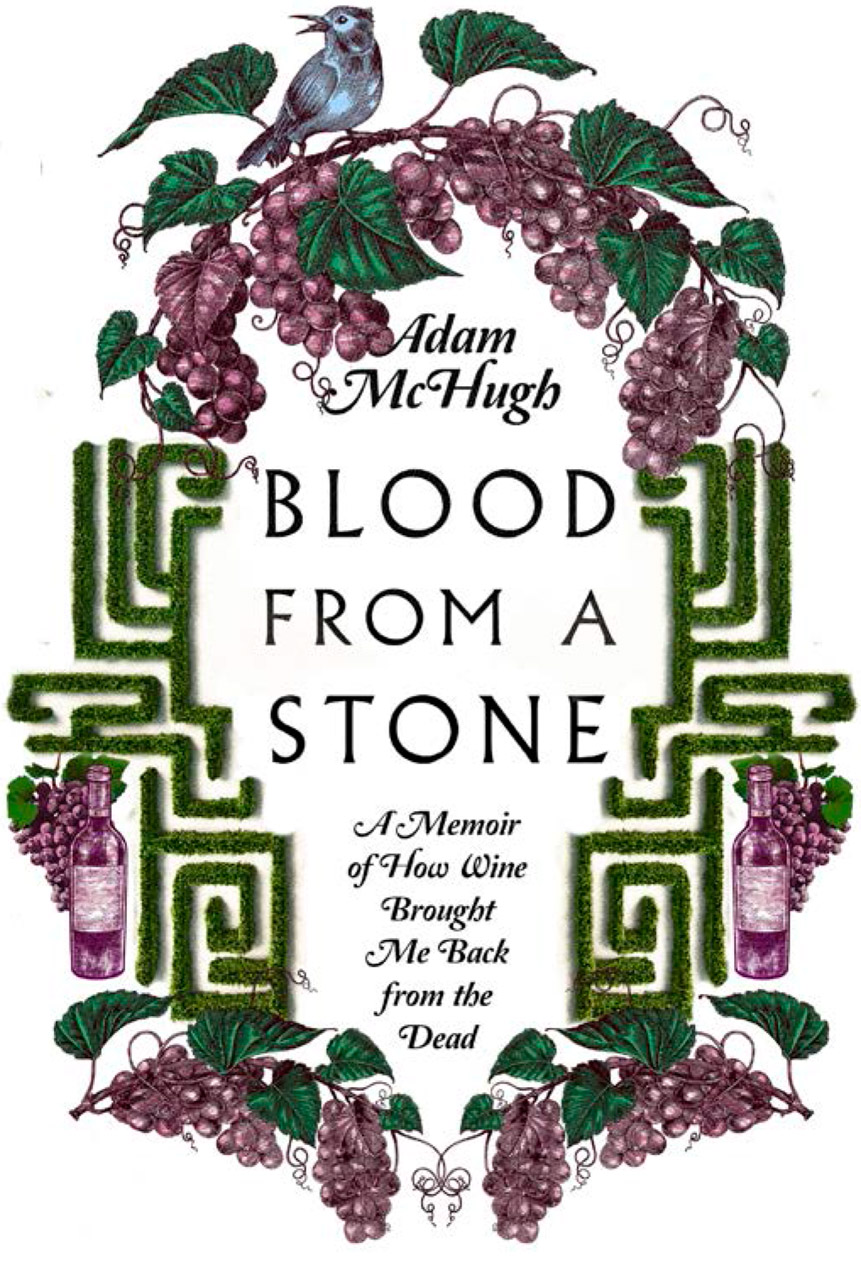

 InterVarsity Press
InterVarsity Press